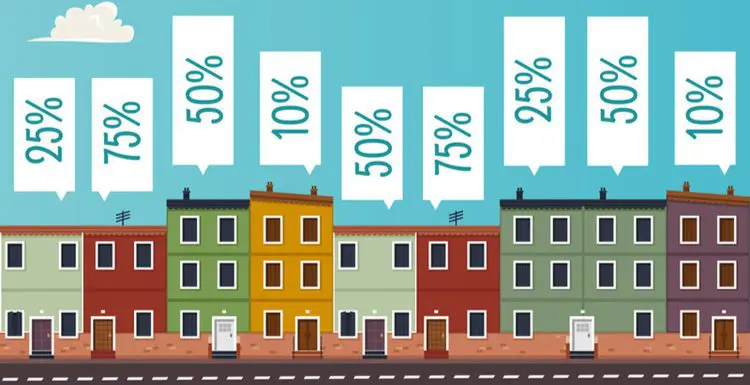Are you aware of the differences between the assessed value vs. market value?
Keep reading to find out how these two numbers differ and correlate to determine a property’s worth. It’s more interesting than you think.
The Quick Answer
Comparing assessed value vs. market value is often confusing since they sound so similar. But there are a few key differences. In a nutshell, these include:
- The fair market value, or just value, is what the home is worth if the owner puts it on the market that day. It’s essentially what a buyer is willing to pay for it.
- The assessed value is a standardized value set by your local county authorities for tax purposes. They use specific formulas to figure out your exact tax bill.
Assessed Value vs. Market Value
Homeowners want their properties assessed as low as possible with a market value as high as possible.
Assessed Value
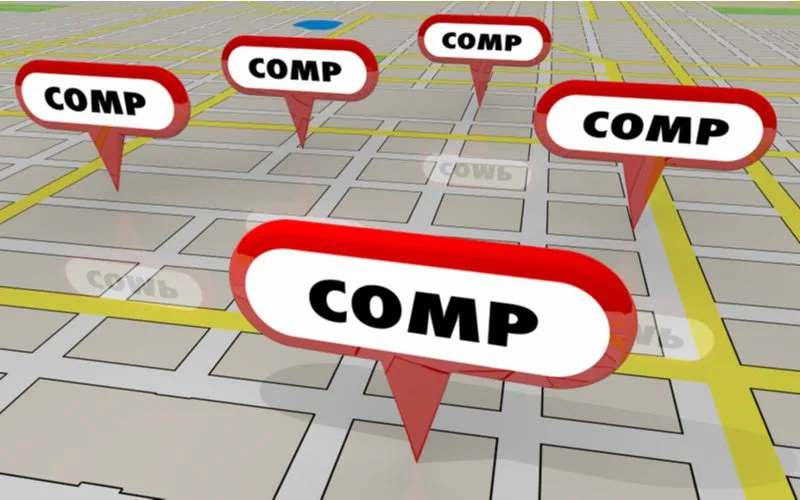
iQoncept/Shutterstock
A tax appraiser assesses the value of a parcel of real estate to figure out how much the owner should pay in taxes. The higher the assessed value of a home, the higher the tax bill.
Local tax assessors come up with the annual rates depending on the laws of the locale. For example, they may assess a home in Florida at $200,000 for $2,000 annually.
But if the homeowner puts it up for sale, they might get $240,000. That’s its market value. Or the taxed value could be 200 percent of its “just value” if they sell it as a short sale. The tax assessor looks at several factors to determine your official assessed value.
They check the legal description, look for unique features or additions to the home, take photos, compare it to similar homes nearby (“comps”), and write a report with the final valuation.
Once they have a number ready, they multiply it by 60–80 percent to determine the taxed value.
For example, if an assessor uses a 70% multiplier against a $150,000 house, then the assessed value for tax purposes would be $105,000. Then, the county uses that number along with the mill rate to figure out the annual taxes.
The mill rate is divided into tenths of a penny. You use your local mill rate and your assessed value to determine how much you owe in taxes.
For example, you would multiply the mill rate by your assessment and divide by 1,000 to get your tax bill.
Market Value
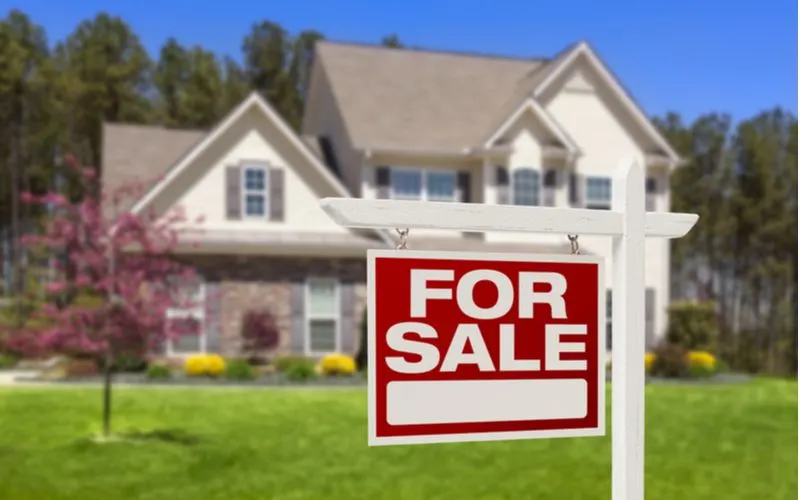
Andy Dean Photography/Shutterstock
Diving deeper into market value, we see that this number is volatile and not written in stone.
A home is more than just a collection of bricks and mortar. Many factors go into deciding how much a property is worth to somebody.
“Demand and supply” run the real estate market everywhere. Homes are generally worth more on the open market when they’re in a desirable area.
Appealing Assessed Valuations
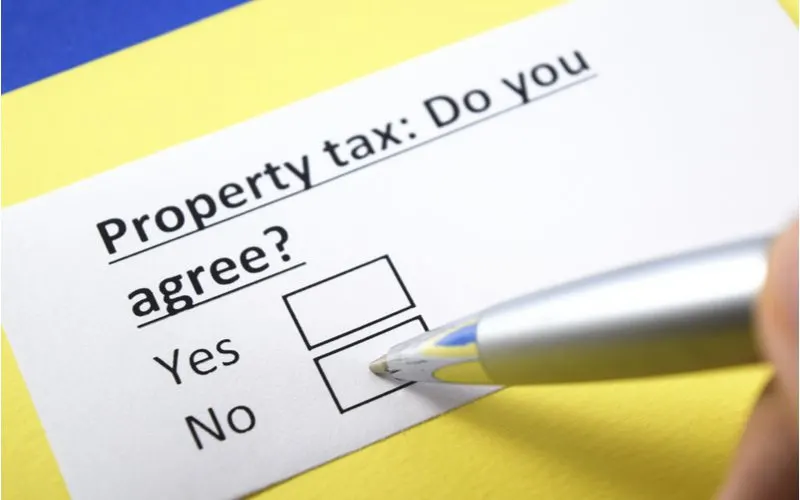
Yeexin Richelle/Shutterstock
If a homeowner disagrees with the assessed value of their home, they can petition for an appeal in front of the Value Adjustment Board by first filling out the appropriate forms. They can argue their case as to why they deserve a reevaluation.
Finally, you can file a lawsuit in circuit court if you don’t feel that your final valuation is correct. Lawsuits are the most expensive route because you need to hire a lawyer.
To challenge the current valuation, you will need to defend why you believe your home needs a reassessment. Find comps close to your house and look up their assessed values to bolster your argument.
In extreme economic markets where home prices rapidly fluctuate, the assessed value may fall out of alignment with the market value. This type of market is when many homeowners and business owners decide to contest their tax bills.
I think it’s important to be realistic here. When I managed rental properties, an owner would want me to protest a 10% increase in his property taxes.
However, if the market value was $200,000 and the assessed value increased from $100,000 to $110,000, it’s hard to make the case that the property is only worth $100,000.
And, quite frankly, he’s still getting a smoking deal, so it’s worth just not saying anything. After all, the assessor could decide that they priced it too low in the first place and increase his taxes the next year.
Assessed Value
The assessed value of a home is much more resistant to market fluctuations, as the tax office sets the laws for valuation.
Individual municipalities calculate the rate, not buyers and sellers. Typically, this value is less than its market value and allows for exemptions:
- Existing as a primary residence
- Active-duty military personnel
- Senior citizen status
- A veteran’s widow
- Blindness
Market Value
The market value of a property can go up or down over the years, months, or even weeks, depending on other economic forces.
The real estate agent can only estimate a market value, but the price a buyer is willing to pay is its actual value.
Factors Affecting Value
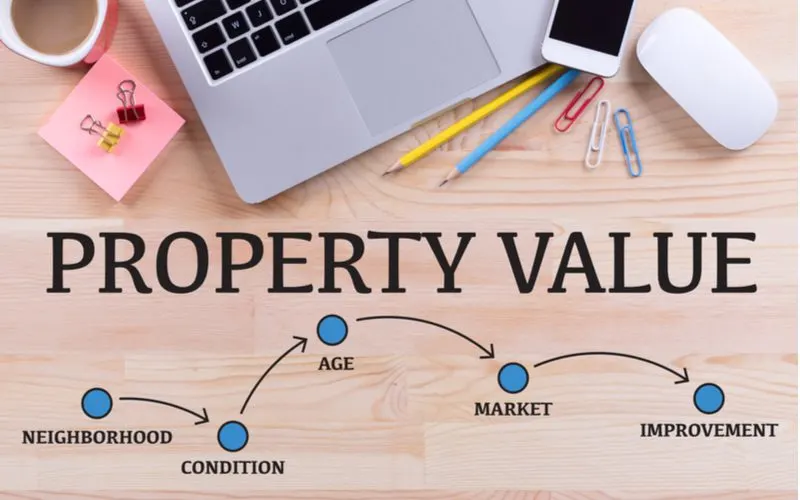
Garagestock/Shutterstock
Location is everything when it comes to real estate. A tiny condo in a hot market by the beach or in a downtown city center is generally worth more than a larger house located 50 miles from amenities, schools, and jobs. Crime rates and school ratings also affect property values.
Assessed Value
The tax assessor compares your home or vacant land against nearby, similar properties when determining its value.
Nearby amenities and new construction also affect your property’s value. The assessor takes into account the future impact of any upcoming development plans.
Market Value
The current real estate market is another consideration. A seller’s market is where the home values are high, which is favorable if you want to sell but not buy.
The overall condition, age, and size of your home are two important factors that affect its value. Curb appeal affects the number to a lesser extent, but many buyers will pay more if the property has aesthetic landscaping.
Factors Affecting Mortgages and Taxes

Monster Ztudio/Shutterstock
Lending institutions analyze the property’s market value when you apply for a mortgage. Using the market value was a problem around 2005, when homes were routinely overvalued by banks.
After the real estate crash that happened soon after, millions of homeowners soon owed more than the house was worth, leaving them upside down on their loans.
Assessed Value
During the Great Recession of the early 2000s, assessed values lagged behind market values by about two years.
The average assessed value was exceptionally high when compared to the market value. Market prices were dropping so fast that the numbers wouldn’t correlate.
Many small businesses were hurt by the income they couldn’t earn during lockdowns in 2020. Some areas allowed homeowners to challenge their tax bills if they believed the pandemic impacted their home’s value.
Homeowners who earned income in their houses had greater leverage over this type of legal challenge.
Market Value
In some expensive areas of the country, homeowners must contend with rising tax bills along with their rising market value.
In California, they can’t increase the yearly assessment by more than two percent until the owner sells the property.
Lenders hire appraisers, who then visit the property for a personal inspection. They examine both the interior, exterior, and immediate surrounding area to create a fair value.
In 2021, the combination of housing shortages and low mortgage rates led to the fair market value of homes skyrocketing to over 20 percent in some areas.
For example, a home worth $310,000 in Tampa, Florida, in 2019 would have gained 32 percent in value in barely two years—that’s a $400,000 price tag in the open market.
Frequently Asked Questions
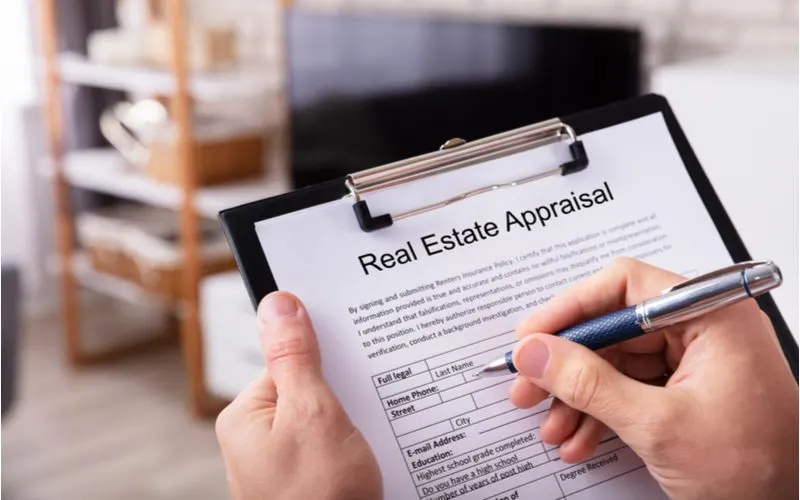
Andrey_Popov/Shutterstock
Understanding your home’s value can be complex and confusing. If you still have questions about assessment and market value, explore our answers to the most common questions below.
What Does an Appraiser Do?
A certified appraiser helps the buyer and lender determine a fair market value. The lender chooses an appraiser, but the buyer pays for it on closing day. The average price is between $300 to $600 and takes about a week to get a report.
How Does the Assessed Value Work With the Market Value?
If you’re looking to buy a home, you can compare the property’s assessed value against the advertised price on the listing.
For example, if the home has a $200,000 assessment, but the seller is asking for $350,000, find out why there is such a large spread. You might have greater leverage to bid lower.
How Can I Raise the Market Value of My Home?
There are many things you can do to raise your market value.
- The addition of a front or back porch, shed, inground pool, and extra rooms bring the biggest gains.
- Buyers also like to see updated kitchens with granite countertops and stainless steel appliances.
- <If you’re on a tight budget, paint the walls with contemporary shades to brighten the room and hide any scuffs and holes.
- Curb appeal is important for the initial impression. You can plant shade trees and shrubs for privacy and flowers for color.
- Change the lightbulbs in every room to a daylight LED bulb. These bulbs not only brighten the room and make it appear larger, but they’re also energy-efficient.
Where Are the States with the Highest and Lowest Tax Rates?
In the US, the highest median property tax rate is in New Jersey and New Hampshire. The lowest two states are Hawaii and Louisiana.
Assessed Value vs. Market Value: What’s the Difference?
A property’s value is generally dynamic, shifting with the characteristics of the property itself and with the surrounding neighborhood.
When you buy or sell a property, you want to know its market value. When you want to figure out taxes, use the assessed value.

